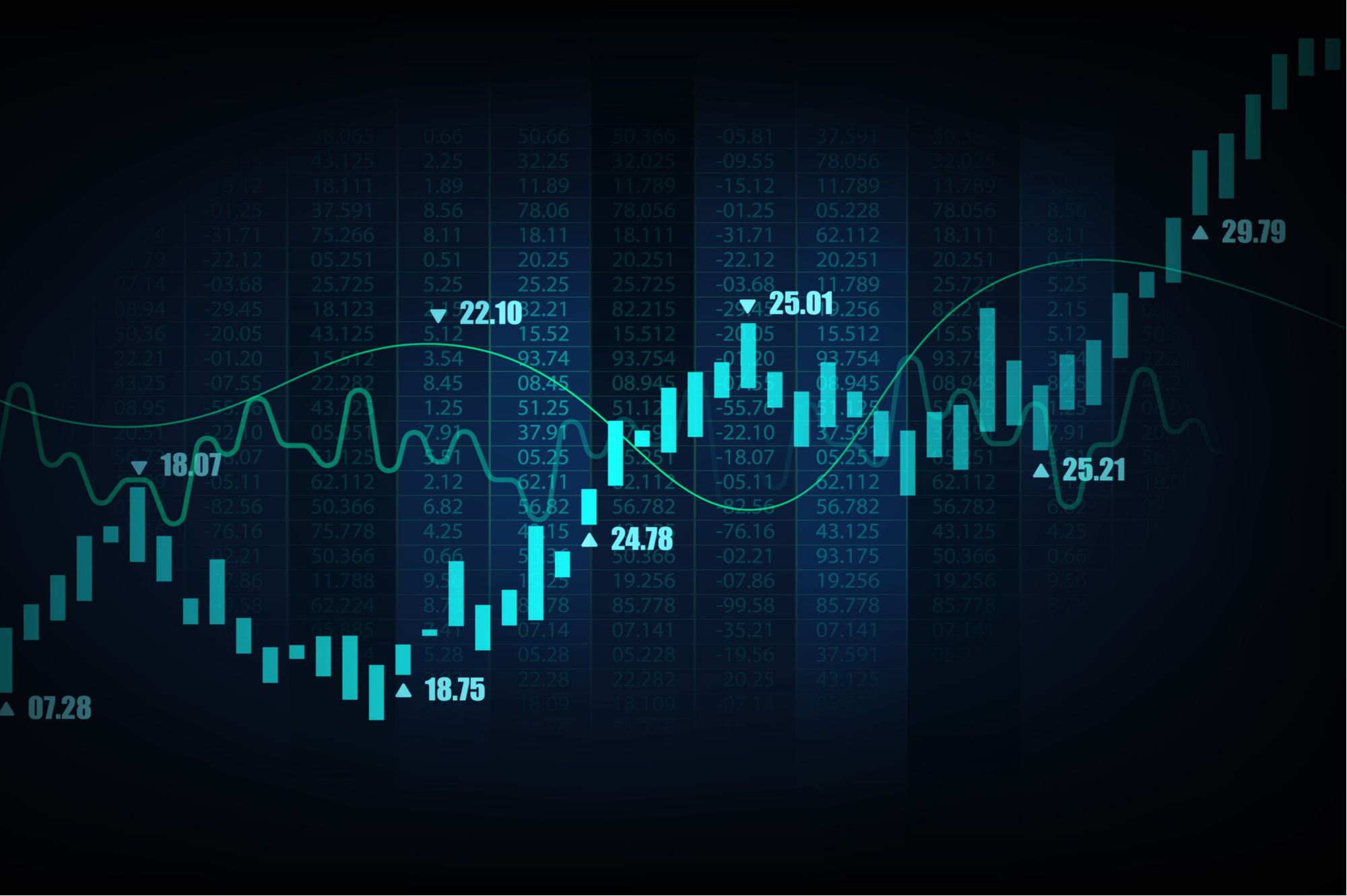
Economics, often referred to as the “dismal science,” is a multifaceted discipline that shapes our understanding of how societies allocate resources, make decisions, and navigate the intricate web of supply and demand. This article aims to provide an overview of economics, exploring its core principles, major schools of thought, and real-world implications on individuals, businesses, and governments.
Foundations of Economics:
- Scarcity and Choice: At the heart of economics lies the concept of scarcity—the idea that resources are limited while human wants are virtually limitless. Individuals and societies must make choices about how to allocate these scarce resources, giving rise to the fundamental economic problem.
- Supply and Demand: The law of supply and demand is a cornerstone of economic theory. It posits that the price and quantity of goods and services in a market are determined by the interplay between the quantity producers are willing to supply and the quantity consumers are willing to buy.
- Opportunity Cost: Every choice involves an opportunity cost—the value of the next best alternative forgone. Understanding opportunity cost is crucial in decision-making, as it helps individuals and businesses assess trade-offs and make informed choices.
Major Schools of Economic Thought:
- Classical Economics: Rooted in the works of Adam Smith and David Ricardo, classical economics emphasizes the importance of free markets, limited government intervention, and the self-regulating nature of the economy. It laid the groundwork for the concept of laissez-faire capitalism.
- Keynesian Economics: Developed in response to the Great Depression, Keynesian economics, championed by John Maynard Keynes, advocates for government intervention in the economy to stabilize fluctuations and promote full employment. It emphasizes the role of aggregate demand in economic cycles.
- Neoclassical Economics: Building on classical economics, neoclassical economics incorporates mathematical modeling and emphasizes the role of individual utility maximization. It forms the basis for mainstream economic analysis and policy.
- Austrian Economics: The Austrian School, with thinkers like Ludwig von Mises and Friedrich Hayek, promotes free-market capitalism, individualism, and skepticism of central planning. It is critical of government intervention and central banking.
Real-World Applications:
- Microeconomics: Microeconomics focuses on individual actors in the economy, such as households, firms, and markets. It examines how they make decisions regarding production, consumption, and resource allocation.
- Macroeconomics: Macroeconomics studies the economy as a whole, addressing issues like inflation, unemployment, economic growth, and monetary policy. It provides insights into the broader economic conditions that impact society.
- International Economics: International economics explores the interactions between countries in terms of trade, finance, and globalization. It examines factors such as exchange rates, trade balances, and the implications of economic interdependence.
Challenges and Contemporary Issues:
- Income Inequality: The growing gap between the rich and the poor poses challenges to economic stability and social cohesion, prompting discussions on equitable distribution of wealth.
- Environmental Sustainability: Economic activities often have environmental consequences. The challenge is to reconcile economic growth with sustainable practices to address climate change and resource depletion.
- Global Economic Interdependence: The interconnectedness of economies raises challenges in terms of financial stability, trade imbalances, and the need for coordinated international policies.
Conclusion:
Economics is a dynamic and evolving field that plays a pivotal role in shaping the policies and decisions that influence our daily lives. By understanding the foundational principles, major schools of thought, and real-world applications, individuals can gain valuable insights into the forces driving economic systems and contribute to informed discussions about the economic challenges and opportunities facing societies worldwide.






